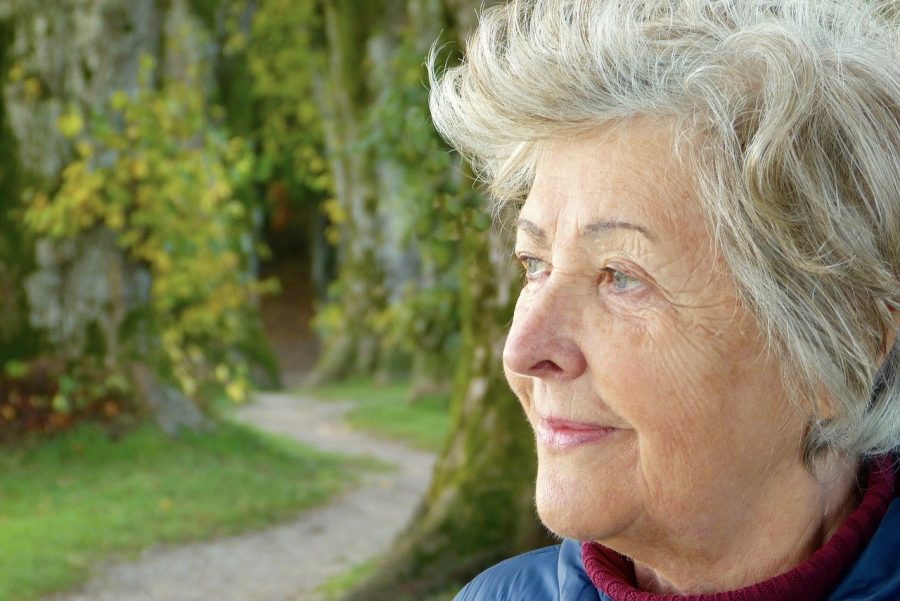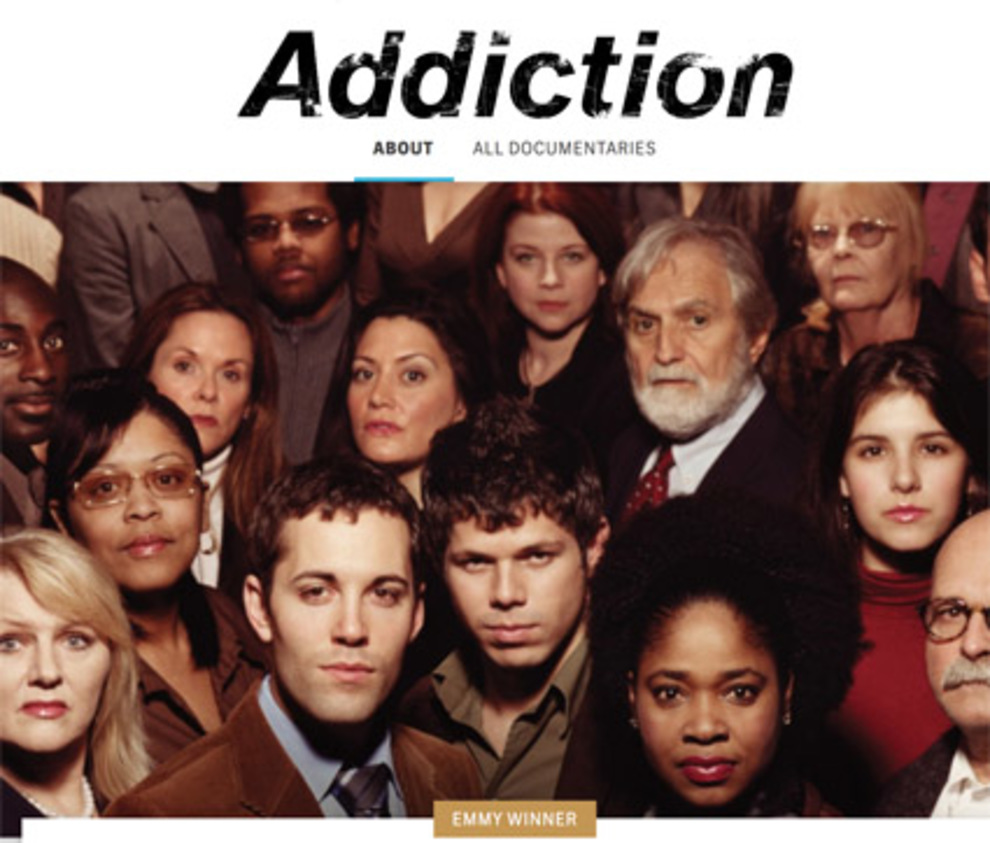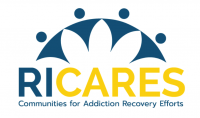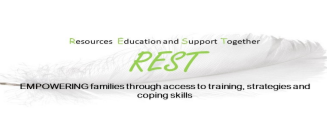After 20 Years of Use I Don’t Know What to Do Anymore

After seeing her son battle his substance use disorder and bi-polar disorder for 20 years, our Alliesinrecovery.net member has finally found the strength to seek help for herself, too. Her adult son went to a treatment facility, but didn’t stay. He is now squatting at her place as he has no home. Even though our member feels burnt out and hopeless, she wants to move forward and help him. I share some insights from the CRAFT approach that I learned on alliesinrecovery.net, and that I successfully applied with my own son in his struggle with substance use disorder.
This question originally appeared on the Allies in Recovery Member Discussion Blog, where experts respond to members’ real-life questions and concerns.
with Louise Stillman, MSc, Editor
“How do I go forward with my adult son? Aged 43. Currently homeless. Lived with me until I asked him to leave last February. I let him return in August after a month in jail on non-drug related charges. He got a job but worked only 3 months, refused to be accountable for his money. He got so drugged that his personality changed, even his voice. I ended up having a meltdown, making me realize that I needed help. I’m in therapy.
He has been using meth, cocaine and smoking weed. He went to Rehab in May but didn’t complete the program. He has 4 children, that I helped him raise (youngest 3 are teenagers). 20 years of addiction plus diagnosed with psychotic disorder bi-polar. Has services through local mental health facility when he will take advantage of them.”
It May Seem Hopeless, but Change is Possible
20 years of Substance Use Disorder and battling a mental illness is a long time. I know it can feel insurmountable and hopeless a lot of the time. I can also hear that you feel you may have come to a crisis point. I also noticed some real, positive points in your comment. Often times it isn’t until things become incredibly difficult that we make change. It sounds like having a melt-down and then reaching out for help for yourself was incredibly positive. Not only is this an important step for you in taking care of your needs, but it also great modeling for your son and your 4 grandchildren. Getting you as healthy as possible, both physically and mentally, is of the utmost importance for everyone.
It is also wonderful that you have come to the Allies in Recovery website. By now you’ve probably had a chance to watch our eight video Training Modules and to do the Key Observation activities that are presented alongside them. As you start practicing CRAFT with your son, you may want to watch the video modules again. What you learn from them today, with the struggles and perspective of yesterday, is different from what you’ll learn from them two weeks from now, with the teachings and developments of tomorrow. CRAFT will allow you to stay engaged with them and learn how to communicate in a more productive way; to come in closer when they’re not using and to step away when they’re using; and to set healthy, effective boundaries.
At first, I didn’t understand how learning communication skills would help me manage my own feelings
The curriculum on the Alliesinrecovery.net site has taught me how to take care of myself and to balance my needs at the same time. It actually helped me stay connected with my loved one. At first when I started using CRAFT I could not understand how learning new communication skills and interactive strategies was going to improve how I was managing my feelings and emotions, but I can tell you that it did. In a big way. The skills I learned gave me more confidence in my interactions with my loved one and changed me as person.
Certainly, it is important to take the time you need to gain some strength, as well as some peace and serenity, before interacting again with your son. In the meantime, watching the videos and doing the accompanying exercises then practicing, practicing, practicing will equip you with the basics. Take your time and try and implement them a little at a time. You could practice with your grandchildren, as the skills taught work for many types of relationships.
Find support, not just for your loved one but for yourself!
Finding support from other moms and families that know how you feel and have been through similar situations can be very helpful. And even better would be support from individuals that have some experience at attempting CRAFT with their loved one. There are a couple of groups that offer online support that I can think of that could help you:
- Kayla Solomon’s group for Allies in Recovery members on Wednesday evenings
- REST: an online face-to-face group that meets 3 times a week, run by me, Laurie McDougall
These groups are CRAFT-based and would help you to translate what you learn from the video modules to your everyday life.
AND – last but not least, our Allies in Recovery team, including Director Dominique Simon-Levine, are available for one-on-one support for Alliesinrecovery.net members when needed.
Despite all the difficulties thus far, recovery can happen any time
I know that dealing with this illness for so long may have left you feeling lost and desperate, but please know that recovery can happen at any time. For some it takes many attempts and many years. I know of so many individuals in recovery today who were in active addiction 10, 20 even 30 years. This knowledge has kept me going, as well as trusting that no matter what happens with my son, I know I have done all that I can.
Your son recently went to treatment and didn’t complete the program. I know it can feel like this was a missed opportunity. However, from our point of view, it’s also a sign that you might witness a more serious commitment from him in the future. Your son went to treatment: good, it’s better than never having agreed to do so. Even though he didn’t complete the program, he did soak up some of the teachings and did realize that he needs help. This, in itself, is one of the great positives in your comment.
Addiction and recovery are different for everyone. One might use for 20 years, walk into a rehabilitation center and then never use again. One might have to try treatment multiple times before it all makes sense. What matters from now on is that with CRAFT you will gain skills that will improve your relationship with your son. CRAFT, and your efforts at applying it, will allow the two of you to communicate more openly.
At some point, he might bring up treatment or you could be the one to talk about it — when it is best to do so. When this next happens, you will be better informed and better equipped to handle his reactions and yours. Likewise, should he decide to go to treatment again, this time, if negative feelings get in his way, he might come to you for support, thus improving his chance of sticking to the program.
Please know that we care. We care about you, your son, and your grandchildren. The Allies team and community is here for you. You are not alone, and if there is more that we can support you with please reach out again.
Allies in Recovery provides support and guidance on how to identify and cope with the flood of emotions you are feeling. The CRAFT method teaches you the strategies and skills to engage your loved one on a path to recovery. At Allies we provide you with information critical to understanding your loved one’s alcohol/drug addiction, and train you in the important role you can play in guiding them to recovery.
A membership at Allies in Recovery.net brings you into contact with experts in CRAFT and the field of recovery and treatment for substance use. Our unique, award-winning learning platform introduces you to CRAFT and guides you through the latest in evidence-based techniques for unblocking the situation. Together we will move your loved one towards recovery.











